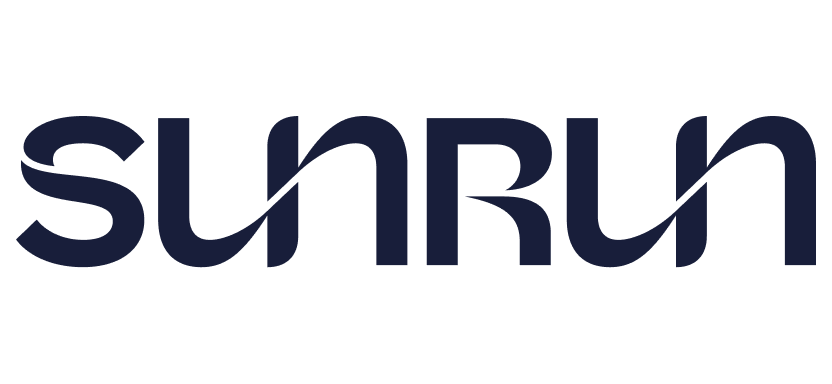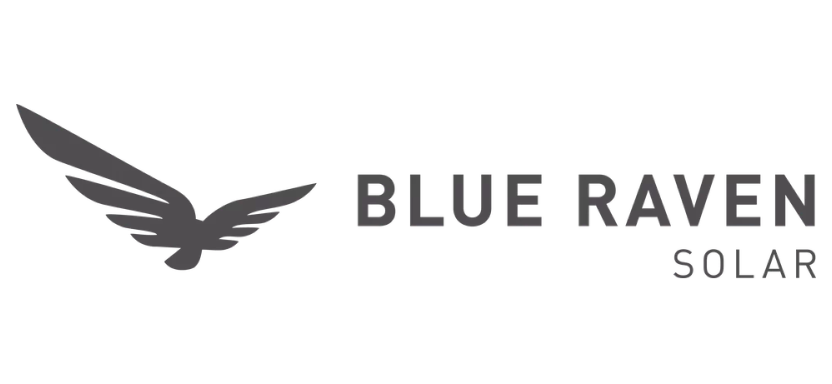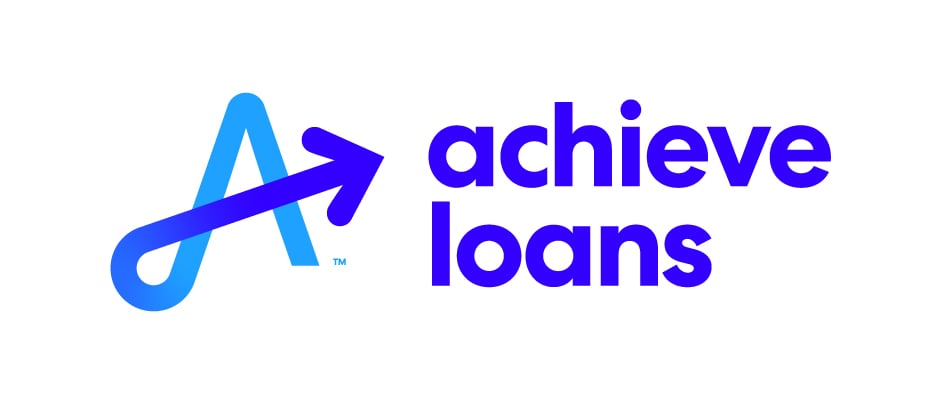Sunrun Solar Review
Sunrun operates in 20 states and Washington, D.C. and mostly does solar leasing.Sunrun, founded in 2007, is a good choice for homeowners looking for a major solar-panel installer with a long track record. The well-established company is the largest residential solar installer in the U.S. by market share, according to research firm Wood Mackenzie. It operates in 20 states and Washington, D.C.
Sunrun offers solar leases with as little as $0 down. Although we prefer loans and cash purchases because they give you ownership of the system and the ability to qualify for tax credits, the leasing option has lower upfront costs than some options and includes maintenance, which could make it a more appealing choice for some. Sunrun’s solid warranty coverage also makes it a good pick.
The company, which relies on in-house installation crews and a network of local contractors, does most of its business in solar leasing and power purchase agreements (PPAs). Over 80% of its 933,000 customers have leased or used PPAs rather than purchasing their systems (via cash or a loan), the company confirms. With a lease, you pay a monthly rate for the use of your system; with a PPA, you pay a monthly rate calculated by units of power generated.
Although leases or PPAs can be an appealing option because of minimal upfront costs and short-term savings, these arrangements cost much more in the long term. Sunrun wouldn’t answer questions about how it calculates the monthly rates.
You won’t qualify for the federal solar credit if you use a lease or PPA to get solar panels, because the company — not you — will own the panels. NerdWallet recommends paying with cash or a loan for more long-term savings.
Deciding factors
APR, loan term and origination fees | Sunrun says it offers loans through Mosaic and LoanPal but didn’t disclose terms. |
Can you get a quote online? | Yes, customers in select markets can view estimated costs using a tool on Sunrun’s website. |
Responsiveness to repair requests | Sunrun says it responds to service requests “swiftly” but didn’t disclose a time frame. |
Warranty coverage |
|
How you can contact customer service | Phone, web, email. |
Average customer satisfaction rating | 3.5 out of 5. |
States available | 20 and Washington, D.C. |
Year founded | 2007. |
How much does Sunrun cost?
Sunrun doesn't provide pricing information for solar panels on its website. Prices for solar panels vary, but the average cost of installing an average-size home solar system in 2024 is about $30,000 before federal tax credits and incentive.
There are two ways to purchase a Sunrun solar panel installation:
Buy it with cash or a loan. Sunrun works with third-party lenders to arrange its solar loans, but it did not disclose the annual percentage rate (APR), loan term or origination fees on its website or when we asked.
Use a lease or PPA. Leases and PPAs are typically 25-year contracts, but the company would not disclose how the payments are calculated. Sunrun increases the monthly payments via an escalator clause in these contracts; typically those escalators are 2.5% per year but range from 0% to 3.5%.
» MORE: Check out our free solar loan calculator
How Sunrun works
Most consumers will want to start the solar process by understanding what they need to buy and how much it costs, which is why Sunrun’s online quote process is useful. You’ll need to provide contact information, however, which may mean more phone calls, texts and emails than you’d like.
The company would not disclose which brands of solar panels it installs, other than to say it partners with “several tier-1 solar panel providers.” Sunrun did tell us it installs Tesla, LG and SolarEdge batteries.
Roof types
Sunrun said it recommended these types of roofs for optimal solar panel performance and because typically they can support the weight of the panels and accommodate the installation procedures:
Asphalt shingle.
Metal.
Clay tile.
Rubber.
Standing seam.
Sunrun has a 10-year roof-penetration warranty and says it inspects roofs with multiple layers of shingles to ensure they are strong enough to support solar panels before installation.
Installation
Sunrun says the installation process generally follows seven steps:
Site survey. A technician measures everything and confirms the plans.
System design. The company updates the original plan based on the site survey.
Permitting. The company gets the appropriate permits from the city.
Installation. The company says the average installation takes one day and you need to be there during the installation.
City inspection. Someone from the city comes by to make sure everything was installed according to code.
Utility connection. The local utility connects the system to the grid and installs a new meter if needed.
Power begins. The system begins operating.
Themes from customer reviews
NerdWallet considered customer reviews from three review websites to get a wider perspective of customer experiences. We’ve highlighted the types of experiences that we’ve found to be most common, keeping in mind that online reviews tend to lean toward negative experiences.
SolarReviews.com 2.48 out of 5.
ConsumerAffairs: 4.3 out of 5.
Better Business Bureau: 3.59 out of 5.
Among negative reviews, customers highlighted systems not turning on as expected, lack of savings on existing electric bills, poor communication with customer service representatives and roof damage from installation. Customers who gave Sunrun high marks commented on timely installation.
Sunrun pros
Sunrun has several notable advantages over its competitors.
Long track record. Sunrun has operated for 17 years, longer than many solar companies.
Offers good warranty coverage. The company offers a 10-year workmanship warranty — not the longest available on the market, but still solid.
Relatively widespread presence in the U.S. Most other competitors offer their services in fewer than 20 states, making Sunrun more likely to be an option for more consumers.
Wider variety of ways to contact customer service. This ups the chances of getting issues resolved faster.
Sunrun downsides
Sunrun has several notable disadvantages compared to competitors.
No transparency on loan terms. Without information about APR, loan term and origination fee, it’s hard for consumers to understand the true cost of their solar systems.
No transparency on repair time. Sunrun didn’t disclose on its site or to us how long consumers should expect to wait for a technician to arrive if they need repairs done. This can be a significant downside, particularly if the electricity is out or the roof is damaged.
Mixed customer service scores. Sunrun’s scores ranged from a low of 1.93 out of 5 on SolarReviews.com to a high of 4.3 out of 5 on ConsumerAffairs.com.
Alternatives to Sunrun
Blue Raven, which was acquired by SunPower in 2021 but still operates under its own name, earns the highest customer satisfaction ratings among companies we’ve surveyed. It offers a solid 10-year workmanship warranty — which includes roof leak coverage — and mostly installs panels and inverters that come with 25-year manufacturer warranties. Also nice: Blue Raven says it will directly handle repairs or replacements related to manufacturer defects in the first two years after installation.
Freedom Solar handles the entire solar installation process in-house from start to finish without using outside contractors, unlike competitors that rely on service networks. It installs solar panels from two main brands — REC and Mission Solar — and offers top-notch warranty coverage. Its loans start at 0% APR. Freedom Solar currently installs new systems in Texas and Florida.
Palmetto offers a strong track record and more transparency around financing than most installers. It also offers some loans with no origination fees.
Can I get financing for a solar panel system?
In addition to tax incentives and rebates, there are options available. Many solar installers offer financing, but you may also be able to finance your solar investment through a home equity loan or home equity line of credit (HELOC). These options may have lower interest rates than financing with an installer, future opportunities for refinancing and possible tax benefits.
Home equity loans and HELOCs are ways to borrow against the value of your home, converting equity into cash. With a home equity loan, you receive a lump-sum payment and then pay it back at a fixed interest rate over an agreed period of time, typically from five to 30 years. HELOCs are more akin to a credit card, something you use as needed. You’ll usually have 10 years to draw from the line of credit, during which time you only have to pay interest, and after that you pay both the principal and interest. HELOC interest rates typically are variable, meaning your monthly payment could rise or fall over time. And with each of these options, you're using your home as collateral.
» COMPARE: Pros and cons of home equity loans and HELOCs
Another option is a solar loan. Many banks, credit unions and online lenders offer these to fund solar panels and installation, with amounts typically from $1,000 to $100,000, and annual percentage rates ranging from 6% to 36%. They function like a personal loan: you receive a lump sum and repay it in equal monthly installments over a set period, typically two to seven years. And unlike with home equity financing, there is no collateral required for a solar loan. This means your home or solar panels aren’t at risk if you miss payments, but you may have to pay late fees.
So, yes, you likely can get financing. If you go this route, compare interest rates, terms and fees with any financing package that a solar provider may offer you to ensure you get the best deal.
NerdWallet writers are subject matter authorities who use primary, trustworthy sources to inform their work, including peer-reviewed studies, government websites, academic research and interviews with industry experts. All content is fact-checked for accuracy, timeliness and relevance. You can learn more about NerdWallet's high standards for journalism by reading our editorial guidelines.
- 1.Wood Mackenzie. US distributed solar and storage competitive landscapes shift in 2023. Accessed Apr 30, 2024.
- 2.Sunrun. March 2024 investor presentation. Accessed May 7, 2024.
How we review solar companies
NerdWallet's Home Services team evaluated solar panel companies across several factors, including financing terms, responsiveness to repair requests, customer satisfaction ratings, number of years in solar, pricing transparency, warranty coverage and customer service options. Because costs can vary by location, it's best to get quotes from multiple companies before making a decision. Read more about how NerdWallet rates solar panel companies.







